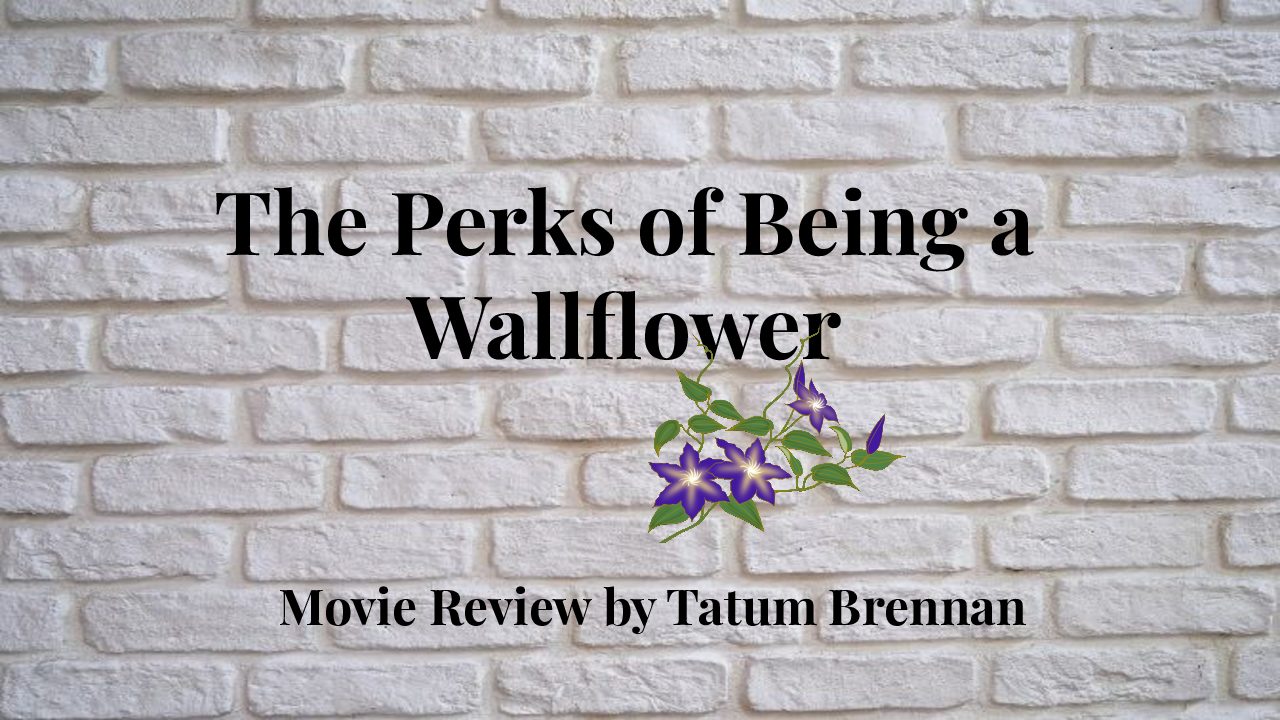“All the Bright Places” Movie Review
April 13, 2020
Personally speaking, I found this film heartbreaking and tear-jerking. As someone who cries at pretty much anything, you have to take this review with a grain of salt. But, I know I’m not the only one who’s had this reaction.
“Elle Fanning and Justice Smith breathe life into a film about mental illness and the healing power of love,” says Candice Frederick from The NYTimes.
All the Bright Places is a Netflix movie adaptation of the bestselling novel written by Jennifer Niven. Directed by Brett Haley, starring the well-known Elle Fanning and Justice Smith, the movie takes place in a small Indiana town. Theodore Finch and Violet Markey are two people struggling with the emotional and physical scars of their past, tied together through a school project and a coincidental meeting on a bridge’s ledge.
Fanning plays the guilt-ridden Violet Markey, who’s forever traumatized by her sister’s death, who fears cars and who doesn’t want to connect with anyone, including her own family. Smith plays the boy, whose bipolar depression, along with his past filled with his abusive father and his lack of a constant mother figure, causes him to be judged by his surrounding peers and for him to act out against anyone who comes close.
One of the things that drew me to this film was the discussion of mental illness on such a large platform. We as teenagers experience mental illness in our everyday lives; it plagues either our minds or someone close to us. Having a movie that voices the difficulties of mental illness so easily and unapologetically was a breath of fresh air. Smith does a fantastic job of demonstrating the realism of bipolar disorder and the depression that can come with it, and while it can frustrate some people and make them feel as if they’re getting whiplash from his emotions, I think that’s the whole point. Being bipolar isn’t slow transitions to different emotions and feelings; it’s fast and quick and can leave everyone involved confused and frustrated.
One critique of the film is the opinion that it glorifies suicide. While I can see how the reaction to the suicide could be easily mistaken as one of glorification, I think it’s important to include not only the suicide but also the reaction it brings. Without giving away too much, after the character commits suicide, the other characters realize how much of an impact that person has had on them and, after mourning the lost life, they rejoice in honor of their lost friend. One of the characters even structures their project off the deceased, which could be seen as giving a suicide a more positive outlook, when in fact, it’s merely the result of losing a loved one. After the loss of a treasured life, people rethink their lives and typically realize how much of an impact that lost person had on them. In this case, the character is telling the story of the lost person and the impact they had on them, not glorifying the suicide itself.
Theodore shows Violet how to love and how to expand her horizons, and in return, Violet gives Theodore a safe haven to come back to after he periodically disappears both mentally and physically. The two are an unlikely pair, yet they connect so well and show how easy it can be to fall in love, along with the difficulties that come with it. Filled to the brim with beautiful quotes and an ending sure to leave you clutching your loved ones closer, this film is undoubtedly remarkable, and there’s no better time to watch it than right now.
Click here to watch the trailer yourself and to fall in love with these characters who bring us on an unbelievable emotional journey.






